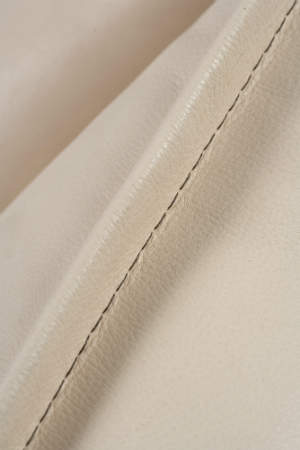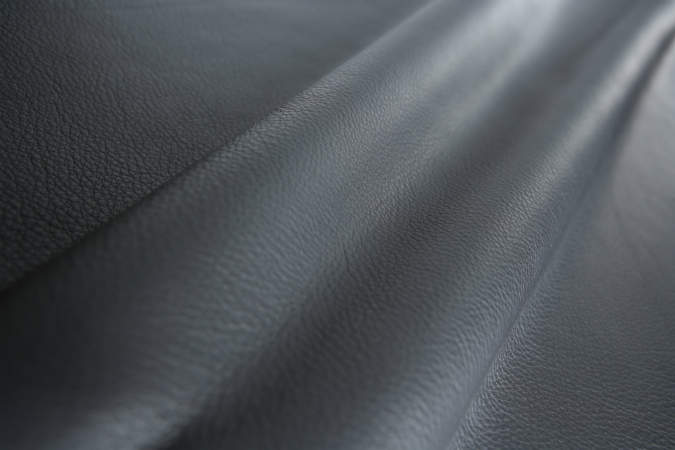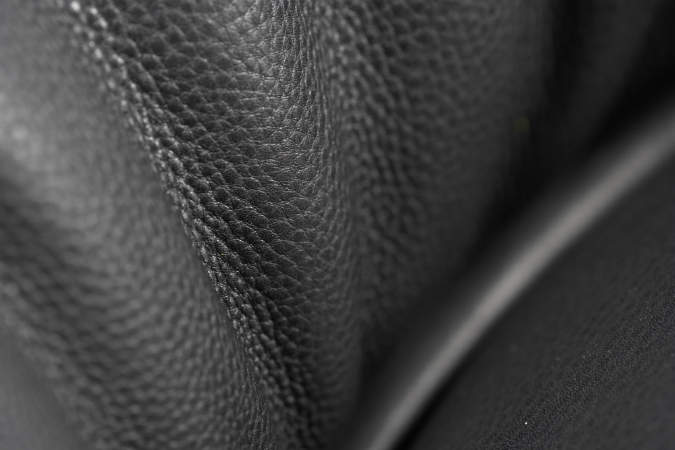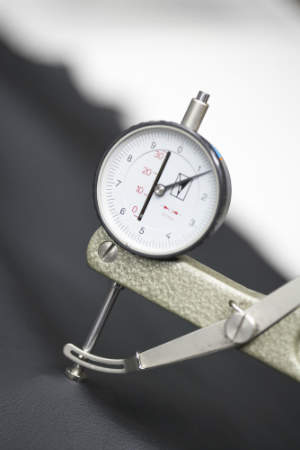
Elmo Leather
Eco-Friendly, Fire-Resistant Leather for Rail Interiors
Subscribed
You have successfully submitted your enquiry. Someone from our company will respond ASAP
About Us

Elmo’s semi-aniline leather is dirt-resistant, easy to clean, and specially adapted to meet the durability and fire safety standards for rail vehicle interiors.
The soft feel of Elmo’s technical leather combined with its natural look and tough surface allow clients to meet stringent travel requirements.
Available in a wide range of colours, the material features high-quality technical properties that exceed the requirements of international standards such as EN45545.
Environment-friendly leather materials for rail interiors
Elmo aims to minimise chemicals and pollutants in wastewater created by leather production.
Located on the West Coast of Sweden, Elmo’s tannery focuses on the environmental aspect of manufacturing high-quality leather.
Elmo’s environmentally conscious manufacturing services are part of its core values and its successful growth.
Ecological leather manufacturing processes
As part of its eco-friendly production focus, Elmo has moved away from discharging tannery wastewater to a treatment plant.
Wastewater was originally discharged to a local plant. Elmo’s tannery contributed the majority of the facility’s water load, which prevented the business from expanding and led to production problems.
The company has introduced a new treatment process to reduce its pollution and nitrogen discharge levels to Swedish lakes and rivers.
Elmo used its expertise to significantly decrease nitrogen pollution in its wastewater and become one of the most ecological tanneries for the railway industry.
Leather cleaning procedures with minimal nitrogen discharge
In 2004, Elmo invested €5m and extensive research into a new cleaning facility, as well as new filtration processes that helped the company to surpass its reduction targets.
Elmo has replaced certain chemicals used in its leather production with cleaner alternatives, leading to a 94% reduction in nitrogen and a 99.6% decrease in chromium.
In addition, biochemical oxygen demand (BOD) levels were reduced by 99.9%, while chemical oxygen demand (COD) levels decreased by 99.1%.
In 2005-2006, Elmo’s wastewater treatment plan was selected by the EU LIFE Fund as one of Europe’s 22 best LIFE-Environment projects.
About Elmo
With operations in around 45 markets worldwide, Elmo is continuously updating its processes and products, while keeping its commitment to the environment.
The company has become one of the six largest leather suppliers to transport and furniture industries.
Elmo has around 120 employees at its leather production facility in Svenljunga, Sweden.






